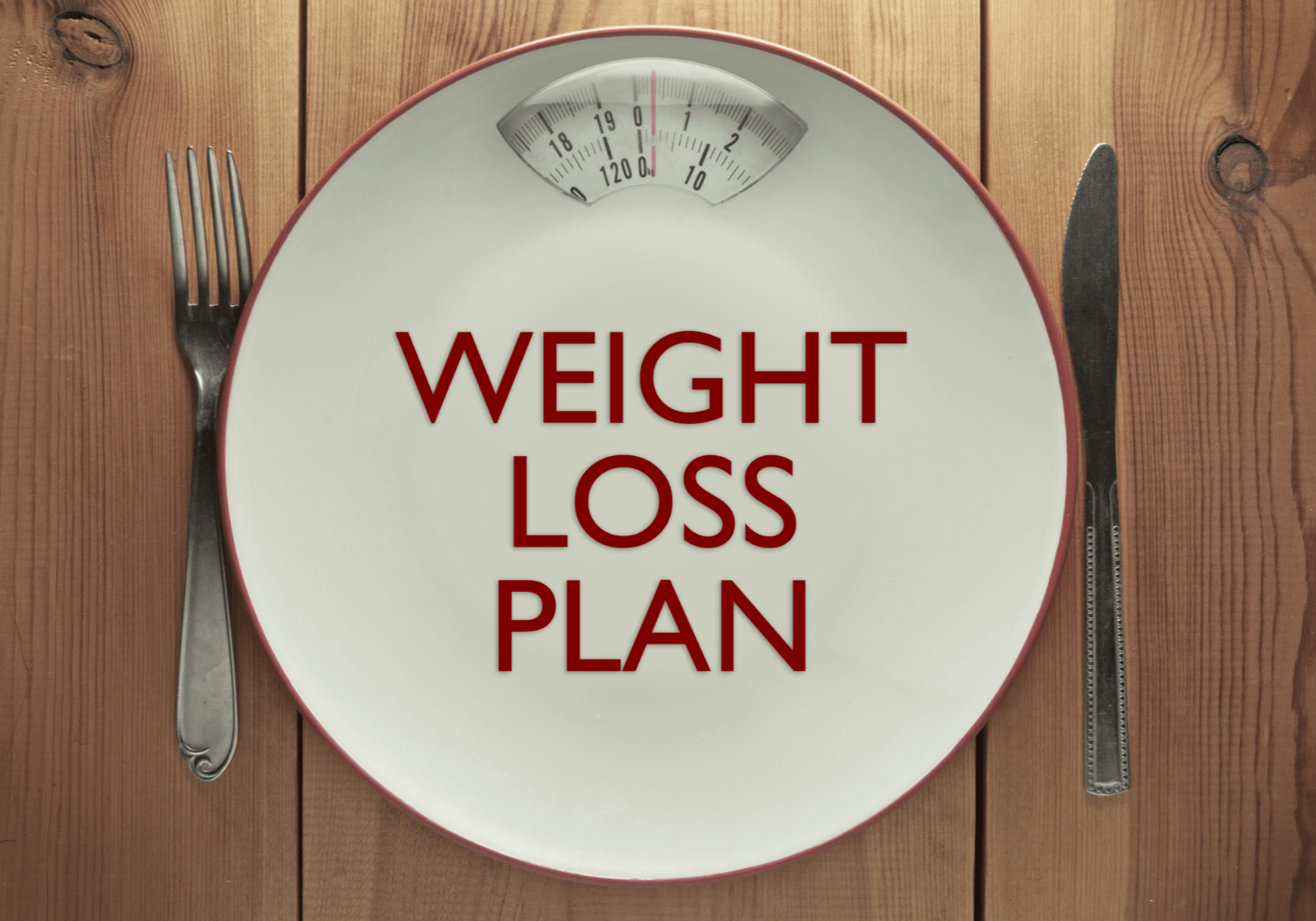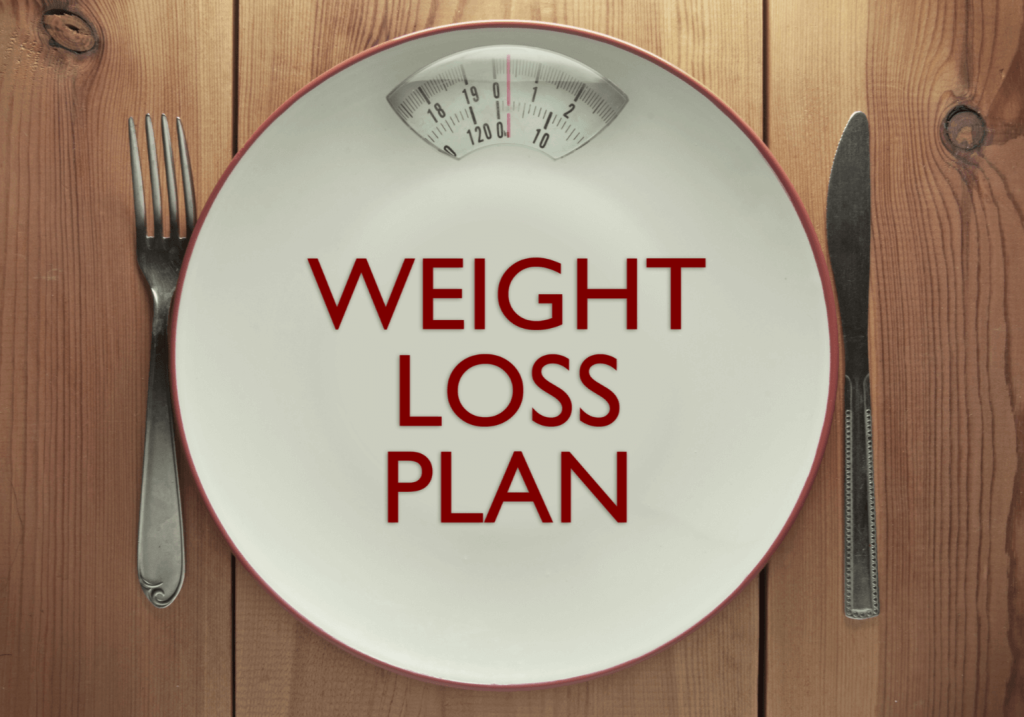
What Happens When You Regain Weight After Weight Loss?


What Happens When You Regain Weight After Weight Loss?
It simply illustrates that diets fail in the long term
More than 13% of the world’s adult population suffers from obesity. In the United States, this number reaches 35%. At the same time, nearly 3 out of 4 adults are overweight.
Most dieters seem to regain the weight they lost shortly after achieving their diet goals. While it may seem random, the body has complicated mechanisms that stop you from losing weight.
Your primal brain and body are always preparing you for when food is scarce – It is simply programmed to survive in the hunter-gatherer world.
This brings us to the set point theory, which describes how your body compensates when you eat less or lose weight. Your body does not want to lose weight and will fight against it to go back to your set point.

Interested in learning more about setpoint theory? Check out this article.
In this article, however, we will cover why your body promptly wants to regain weight after losing it. Worse yet, losing and regaining weight can move your setpoint up, so you tend to get fatter and less healthy the more times you yoyo diet.
Fortunately, you can prevent or reverse some of this once you understand the science. So we will also cover the solutions so you can get off this weight rollercoaster once and for all.
How Your Metabolism Changes After Losing Weight
As mentioned above, your body will do anything to prevent death from starvation. When you eat less or have lost some fat, your body will burn fewer calories and store more fat. You will also be hungrier while your fat cells multiply and produce some empty new fat cells.
The next few sections will detail these physiological changes to help you understand the rebound effect after losing weight.
Decreased Resting Metabolic Rate (RMR) And Non-Exercise Activity Thermogenesis (NEAT)
Before we discuss the impact of dieting on your RMR and NEAT, let us briefly define these concepts:
Resting metabolic rate, or RMR refers to the energy needed for your body to function at rest (doing nothing). It also accounts for low-effort daily activities.
Non-exercise activity thermogenesis, or NEAT, describes the energy needed to conduct activities beyond RMR but not exercise. These include walking around the house, yard work, typing, and other simple daily activities. It also includes fidgeting and micro-unconscious movements throughout the day.
Together, these two concepts allow us to understand how the human body uses energy throughout the day.
When you place your body in a state of caloric deficit, it responds by slowing down RMR and NEAT. The goal is clearly to minimize your energy expenditure. Your body interprets the sudden drop in caloric intake as a survival threat.
Several studies have shown that RMR decreases during periods of reduced caloric intake.
As a result of these changes, you will start storing more calories instead of using them. You will also experience muscle loss, suppressed thyroid function, and reduced adaptive thermogenesis.
A recent study examined the effects of weight loss on metabolism and lean body mass in 52 sedentary men and women ages 45-65. The participants were randomized into 6-8% weight loss via endurance exercise, caloric restriction, or both.
The results showed that lower body lean mass “decreased by ~4% in the [caloric restriction] group and by ~2% in the [combined] group…” Upper body lean mass decreased by 2% across all three groups.
Your body will also require less energy to move around throughout the day. Part of this concerns your body being less heavy now that you’ve lost some weight. But you will also fidget less and have less physical and mental energy.
All these responses are due to your body thinking it is being starved and needing to conserve energy.

Increased Appetite
Ghrelin is the hunger hormone released by your stomach that gives you that “hungry feeling.” While the function of this hormone is indispensable, overweight individuals who suddenly lose weight will have unusually higher concentrations of ghrelin than others.
Sadly, the levels of ghrelin remain high even after losing weight. It is also not uncommon for overweight individuals who lose weight to deal with elevated ghrelin levels for the rest of their lives.
Higher Number Of Empty Fat Cells
Leptin is a hormone from your fat cells. It signals to your brain that you have eaten enough and don’t need to eat more. But it’s not just how much fat you have in your body–how full your fat cells are that determines your blood leptin levels.
When you lose weight, the fat in your adipocytes decreases, which leads to less leptin circulating in the blood. This leaves empty fat cells that produce less leptin and are ready to fill up. As a result, you will feel hungrier than before.
When you gain or regain fat, you create more fat cells, which start out small and empty. Having small and empty fat cells release less leptin overall, making you hungrier even if you reached your original weight.
Once you build the new fat cells, they never go away. They’re always hungry and wanting to fill up. The more fat cells you have, especially from cycles of yoyo dieting, the harder it will be to achieve and stay lean.
As a result, you increase the likelihood of gaining more fat than if you had never lost any weight, to begin with.
A recent study focused on the effects of overfeeding on fat cells. 29 men ~27 years old were overfed by 40% over their baseline for 8 weeks. Results showed that the participants gained 7.6 kilograms of weight (55% fat), and their insulin sensitivity decreased by 18% after overfeeding.
The researchers concluded, “Despite the similar weight gain, subjects who started with smaller fat cells had a greater decrease in insulin sensitivity, which was linked to more muscle inflammation.”
For this reason, we recommend that bodybuilders working to gain muscles opt for shorter bulk/cut cycles to avoid gaining too many fat cells.
Increased Risk Of Metabolic Diseases
Researchers analyzed the effects of yoyo dieting, a cycle of repeated weight loss and weight gain, on metabolic diseases in rats.
16 rats were divided into two groups. The first group followed a calorie-restricted diet for 2 weeks, followed by 3 weeks of weight gain. This represented one cycle, which was then repeated 3 times. The second group did not undergo any dietary changes.
The study focused on different metabolic functions, including heart and kidney functions. They also measured insulin sensitivity in the rats.
The rats that underwent yoyo dieting experienced lower heart and kidney function after 3 diet cycles. These results were shocking as the rats still looked normal and healthy.
The final results revealed that the first group of rats experienced a significant reduction in kidney function and cardiac output after 3 rounds of yoyo dieting. The reduction was up to 40%. Moreover, this group became insulin resistant, increasing the risk of diabetes.
Yoyo dieting can have many downsides, many of them life-long. However, many people nowadays can gain many health benefits from losing weight. The key is learning to make the weight loss results last. Now that you know the downside of yoyo dieting let’s look at how not to yoyo diet.
How To Maintain Your Weight After Weight Loss
After covering the mechanisms that explain regaining lost weight within a week or two, it is time to learn how to maintain your weight after weight loss.
Here are some tips to help you achieve this goal:
1. Think Long-Term
Starting a diet is often done on a whim, like as part of a New Year’s resolution. Most people who want to lose weight wanted the weight gone yesterday. This is why it’s hard for most dieters to foresee their life ahead beyond their immediate desires.
“I will lose 40 pounds in the next few weeks.”
While losing weight and restoring control over your health is great, you need to start thinking about the long-term. Dieting and exercising for 12 weeks may achieve your goals. However, you will return to the vicious cycle of repeated weight loss and weight gain before you know it.
Alternatively, you should find a well-balanced diet that you can maintain for several years that morphs into your daily eating habits and no longer feels like a “diet”.
It is also important to manage your stress response and sleep because increased cortisol levels due to high stress can contribute to weight gain and regain.
You should also implement diet cycling, breaks, and refeeds to lose weight and keep it off. This will help prevent your body from slowing down your metabolism.
Finally, have a plan to keep your results for life, such as reverse dieting and maintaining eating rather than going straight back to your original eating habits.

2. Build And Maintain Muscles
The primary weapon to stop the deceleration of RMR and NEAT is building more muscle. Muscles are energy-demanding and require a large amount of calories to keep functioning properly. Additionally, lean muscle mass is a key factor that impacts your metabolism and overall quality of life as you age.
Normally, if you lose weight, you’ll lose a combination of fat and muscle mass. But people who have yoyo dieted will typically gain fat and lose muscles with every weight regain cycle, especially if they didn’t resistance train or eat enough protein.
Provide your body with what it needs to gain muscles. These include weight training to stimulate muscle building and eating enough protein to support muscle protein synthesis. Muscle building (anabolism) is energy-consuming, which helps burn calories even while sleeping. In return, this will somewhat mitigate the decline in metabolism as you lose weight.
You should eat an adequate amount of protein to build muscle. This equates to 1.2 – 1.7 grams of protein per kilogram body weight.
3. Manage Your Appetite And Cravings
Managing your appetite and cravings is indispensable to preventing weight gain immediately after weight loss. Once you’ve lost weight, your leptin naturally goes down, and ghrelin naturally goes up, making you hungrier. To learn more about this, check out our Hunger And Cravings article.
Some general tips to manage your cravings include:
- Eating more protein and polyunsaturated fatty acids
- Drinking water before every meal to increase satiation
- Including fiber-rich foods in your diet
- Exercising before your meals
- Consuming some dark chocolate now and then
- Drinking ginger and yerba maté tea
- Sleeping well and managing your stress response
- Working with the right healthcare professional to address the root causes of emotional eating, such as stress and trauma
In Matt and Wade’s experience coaching thousands of clients, they’ve found that once people maintain their results for over 18 months, they create a new setpoint that lasts. So, your hunger and your body’s attempt to regain the weight won’t last forever. The key is to have a plan to reverse diet out of the deficit or one that helps you maintain your weight over the span of years.

4. Follow The Right Diet For You
There is no one-size-fits-all diet. What works for your coworker or friend does not necessarily have to work for you.
The first rule to keep in mind is avoiding draconian diets that exclude entire macros from your meals. There are some exceptions to these, such as if the ketogenic diet works best for you personally or if you have a medical indication for it.
Furthermore, don’t severely restrict your caloric intake. Slow and steady weight loss is always preferred over rapid or aggressive measures. The more drastic measures you take or, the faster you lose weight, the less likely the results will last.
Take into consideration your final goals, needs, and current lifestyle. This is how to maintain your weight after weight loss.
Takeaway
Gaining weight after losing it over and over is a very common pitfall that most dieters fall into. Unfortunately, mainstream media rarely covers this topic, giving people false hope that eating less and exercising more is all it takes to become fit and stay fit.
In reality, healthy body composition is a lifelong commitment that requires hard work and patience, especially with calorie abundance and food advertising around you. The silver lining is that the tips discussed in this article can help you achieve the body of your dreams without compromising your health.Take your time when losing weight, do it the right way, and enjoy the lifelong benefits that come thereafter. You also want to consider working with a qualified coach who can keep you on track and help you maintain your results for life.
References
- Obesity and overweight. Who.int. Accessed October 15, 2022. http://www.who.int/mediacentre/factsheets/fs311/en/
- CDC. Adult obesity facts. Centers for Disease Control and Prevention. Published July 20, 2022. Accessed October 15, 2022. http://www.cdc.gov/obesity/data/adult.html
- FastStats. Cdc.gov. Published September 6, 2022. Accessed October 15, 2022. https://www.cdc.gov/nchs/fastats/obesity-overweight.htm
- Lessan N, Ali T. Energy metabolism and intermittent fasting: The Ramadan perspective. Nutrients. 2019;11(5):1192. doi:10.3390/nu11051192
- Weiss EP, Jordan RC, Frese EM, Albert SG, Villareal DT. Effects of weight loss on lean mass, strength, bone, and aerobic capacity. Med Sci Sports Exerc. 2017;49(1):206-217. doi:10.1249/mss.0000000000001074
- Hansen TK, Dall R, Hosoda H, et al. Weight loss increases circulating levels of ghrelin in human obesity. Clin Endocrinol (Oxf). 2002;56(2):203-206. doi:10.1046/j.0300-0664.2001.01456.x
- MacLean PS, Higgins JA, Giles ED, Sherk VD, Jackman MR. The role for adipose tissue in weight regain after weight loss: Adipose tissue and weight regain. Obes Rev. 2015;16(S1):45-54. doi:10.1111/obr.12255
- Skurk T, Alberti-Huber C, Herder C, Hauner H. Relationship between adipocyte size and adipokine expression and secretion. J Clin Endocrinol Metab. 2007;92(3):1023-1033. doi:10.1210/jc.2006-1055
- Jeffery E, Church CD, Holtrup B, Colman L, Rodeheffer MS. Rapid depot-specific activation of adipocyte precursor cells at the onset of obesity. Nat Cell Biol. 2015;17(4):376-385. doi:10.1038/ncb3122
- Johannsen DL, Tchoukalova Y, Tam CS, et al. Effect of 8 weeks of overfeeding on ectopic fat deposition and insulin sensitivity: testing the “adipose tissue expandability” hypothesis. Diabetes Care. 2014;37(10):2789-2797. doi:10.2337/dc14-0761
- Experimental biology 2022. Eventscribe.net. Accessed October 15, 2022. https://www.eventscribe.net/2022/EB2022/fsPopup.asp?PresentationID=1027453&query=de+souza&mode=presinfo
- Hewagalamulage SD, Lee TK, Clarke IJ, Henry BA. Stress, cortisol, and obesity: a role for cortisol responsiveness in identifying individuals prone to obesity. Domest Anim Endocrinol. 2016;56 Suppl:S112-20. doi:10.1016/j.domaniend.2016.03.004
